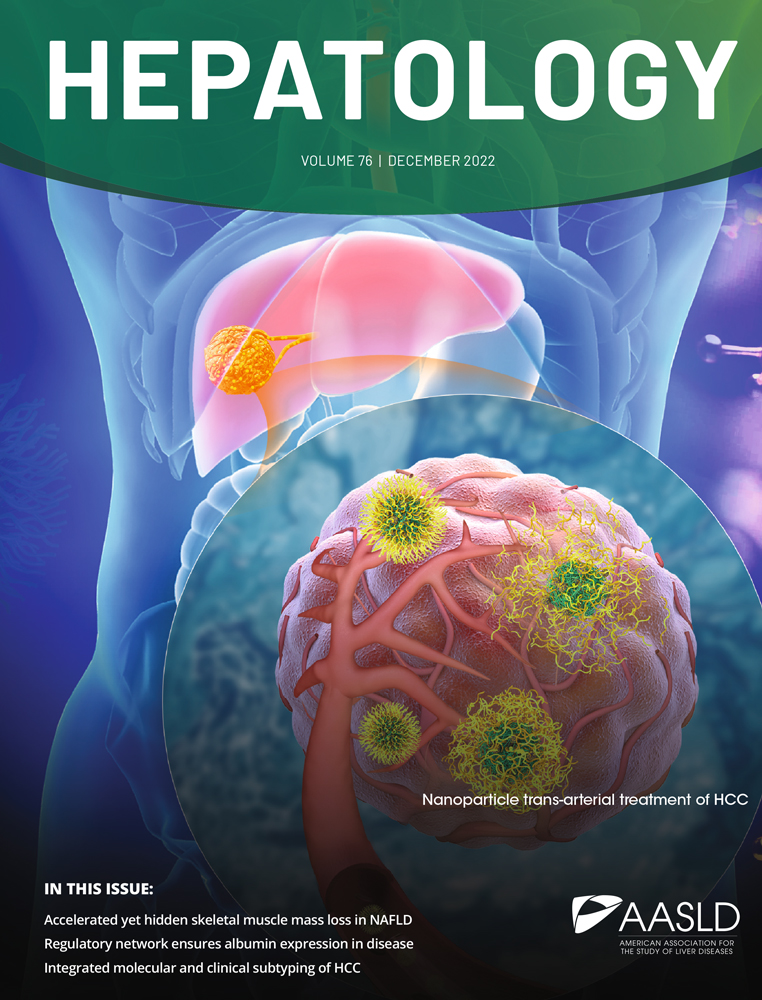Adoptive transfer of immunity to hepatitis B virus after T cell–depleted allogeneic bone marrow transplantation
Abstract
Recipients of allogeneic bone marrow transplantation are pancytopenic for several weeks and immunosuppressed for many months as a result of myeloablative therapy required to eliminate the basic disease and to prevent allograft rejection. After bone marrow transplantation, these patients remain profoundly immunosuppressed by the chemotherapy and immunotherapy used as prophylaxis against graft-vs.-host disease, treatment of established disease or both. These patients are usually dependent on multiple blood products and are therefore at risk for hepatitis B virus infection, which may run a fulminant course. Active immunization against hepatitis B virus in the immediate pre–bone marrow transplantation and post–bone marrow transplantation periods was found to be ineffective, probably because of the absence of T cell–dependent B-cell responses, which persists for approximately 1 yr after bone marrow transplantation. We studied adoptive transfer of immunity to hepatitis B virus through bone marrow transplantation in two populations of patients. The first group (A) consisted of 12 pairs of BMT donors and recipients, in which all bone marrow donors were positive for antibodies to HBc and HBs as a result of previously acquired hepatitis B virus infection and resolution; all recipients were negative to antibodies to HBc and HBs. The second group (B) consisted of eight pairs of donors and recipients in which all the donors were actively immunized against hepatitis B virus before bone marrow transplantation; all recipients were negative for all hepatitis B virus markers. All bone marrow transplantation recipients were monitored for antibodies to hepatitis B virus antigens. In group A, antibodies to HBsAg and HBcAg were detected 30 to 120 days after bone marrow transplantation. In group B, all immunized bone marrow transplantation donors demonstrated seroconversion until the day of bone marrow transplantation. In group B bone marrow transplantation recipients, protective HBs antibody levels appeared in all eight patients 9 to 42 days after bone marrow transplantation. This study provides evidence that primary immunization of bone marrow donors against hepatitis B may induce antibodies to HBsAg in bone marrow recipients through adoptive transfer of immunity. Moreover, bone marrow transplantation recipients may respond to booster vaccination after primary immunization of the bone marrow transplantation donor. (HEPATOLOGY 1993;18:246–252).




